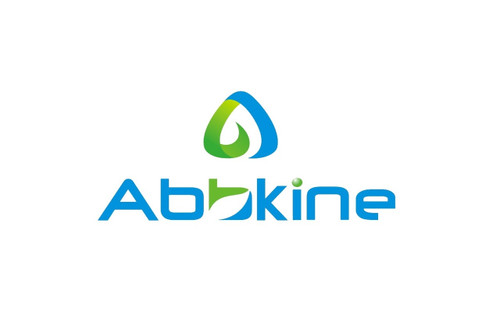Product Description
Human Tyrosine-protein phosphatase non-receptor type 22 (PTPN22) ELISA Kit | AE25103HU | Abebio
Species Reactivity: Human (Homo sapiens)
Abbreviation: PTPN22
Alternative Name: LYP; LYP1; LYP2; PEP; PTPN8; PEST-domain phosphatase|lymphoid-specific protein tyrosine phosphatase|protein tyrosine phosphatase; non-receptor type 8
Application: ELISA
Range: 15.6-1000 pg/mL
Sensitivity: 3.9 pg/mL
Intra-Assay: ≤5.2%
Inter-Assay: ≤9.3%
Recovery: 0, 87
Sample Type: Serum, Plasma, Other biological fluids
Detection Method: Sandwich
Analysis Method : Quantitive
Test Principale: This assay employs a two-site sandwich ELISA to quantitate PTPN22 in samples. An antibody specific for PTPN22 has been pre-coated onto a microplate. Standards and samples are pipetted into the wells and anyPTPN22 present is bound by the immobilized antibody. After removing any unbound substances, a biotin-conjugated antibody specific for PTPN22 is added to the wells. After washing, Streptavidin conjugated Horseradish Peroxidase (HRP) is added to the wells. Following a wash to remove any unbound avidin-enzyme reagent, a substrate solution is added to the wells and color develops in proportion to the amount of PTPN22 bound in the initial step. The color development is stopped and the intensity of the color is measured.
Product Overview: Protein tyrosine phosphatase, non-receptor type 22 (lymphoid) is located on the short arm of Chromosome 1 near the telomere (1p13.2) on the Crick (minus) strand. It is 57, 898 bases in length and encodes a protein of 807 amino acids (molecular weight 91, 705 Da) . There are 24 exons in the gene and 21 transcript variants encoding 10 distinct proteins are known. The proteins are located in the cytoplasm. This gene encodes a protein tyrosine phosphatase which is expressed primarily in lymphoid tissues. This enzyme associates with the molecular adapter protein CBL and may be involved in regulating CBL function in the T cell receptor signaling pathway.
Stability: The stability of ELISA kit is determined by the loss rate of activity. The loss rate of this kit is less than 5% within the expiration date under appropriate storage condition. The loss rate was determined by accelerated thermal degradation test. Keep the kit at 37°C for 4 and 7 days, and compare O.D.values of the kit kept at 37°C with that of at recommended temperature. (referring from China Biological Products Standard, which was calculated by the Arrhenius equation. For ELISA kit, 4 days storage at 37°C can be considered as 6 months at 2 - 8°C, which means 7 days at 37°C equaling 12 months at 2 - 8°C) .
 Euro
Euro
 USD
USD
 British Pound
British Pound
 NULL
NULL








